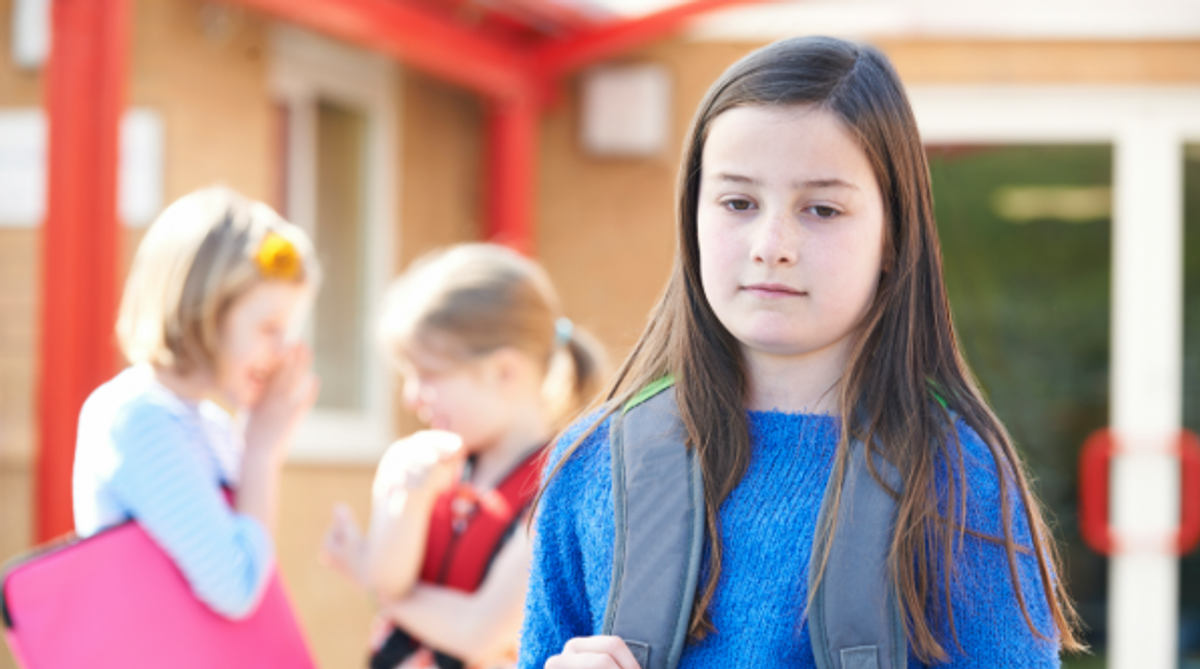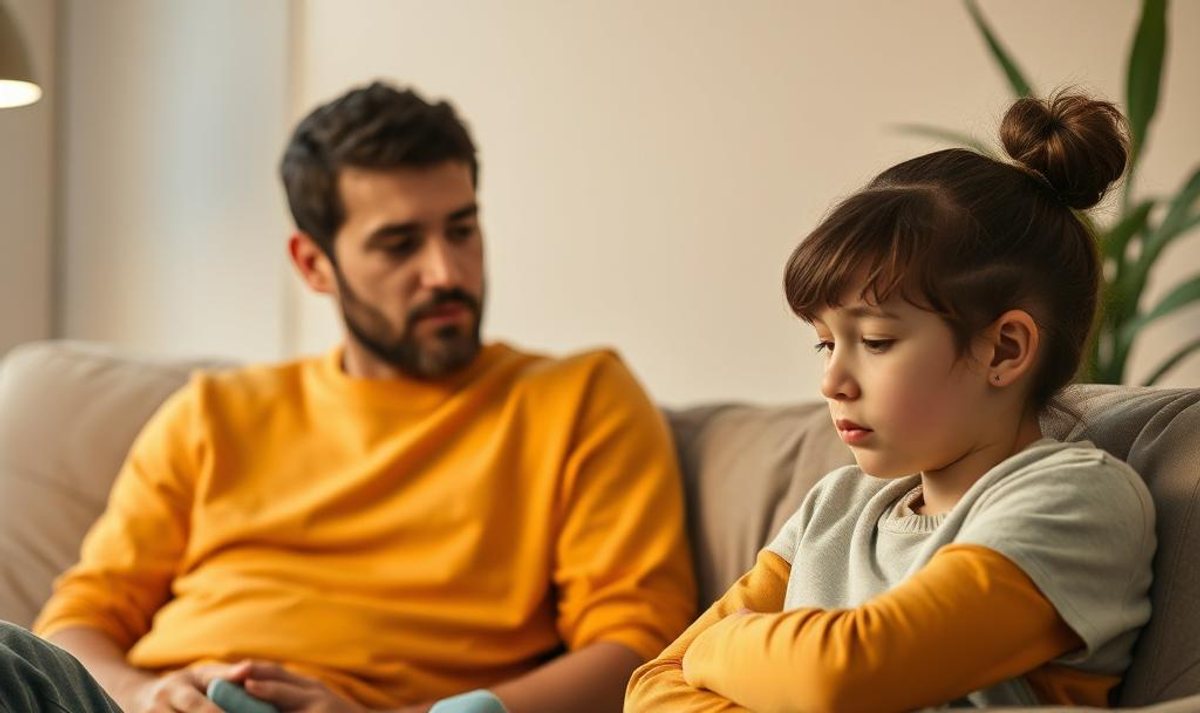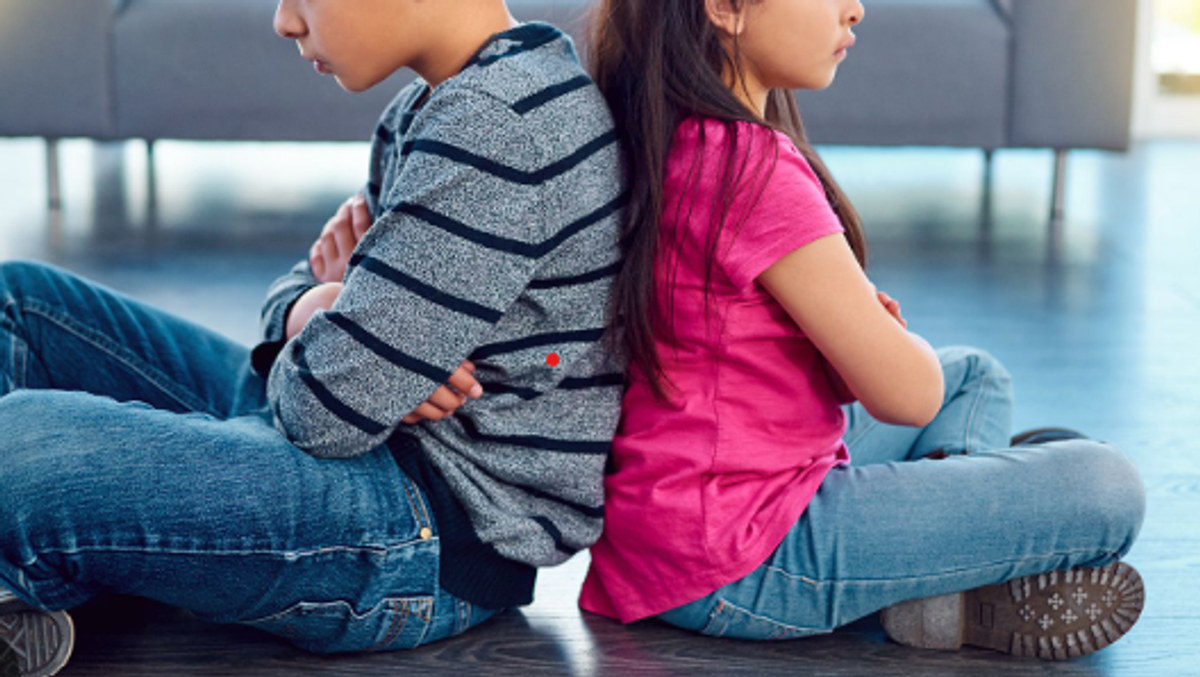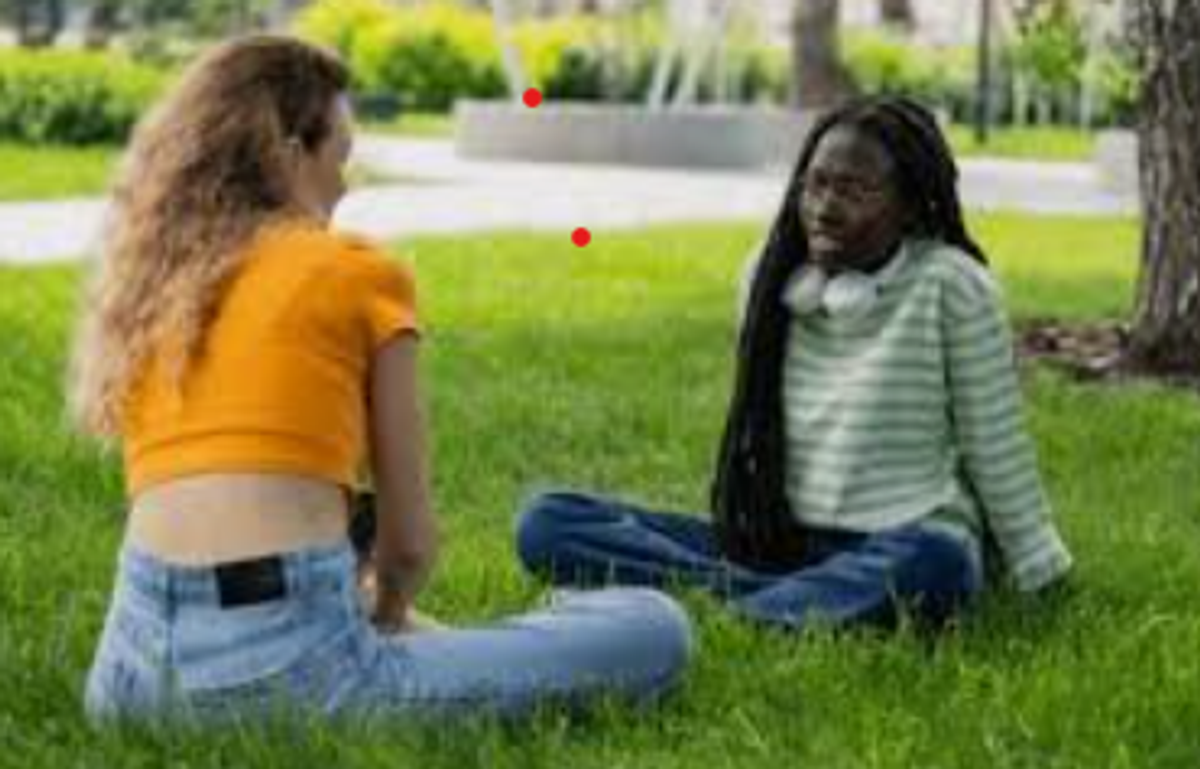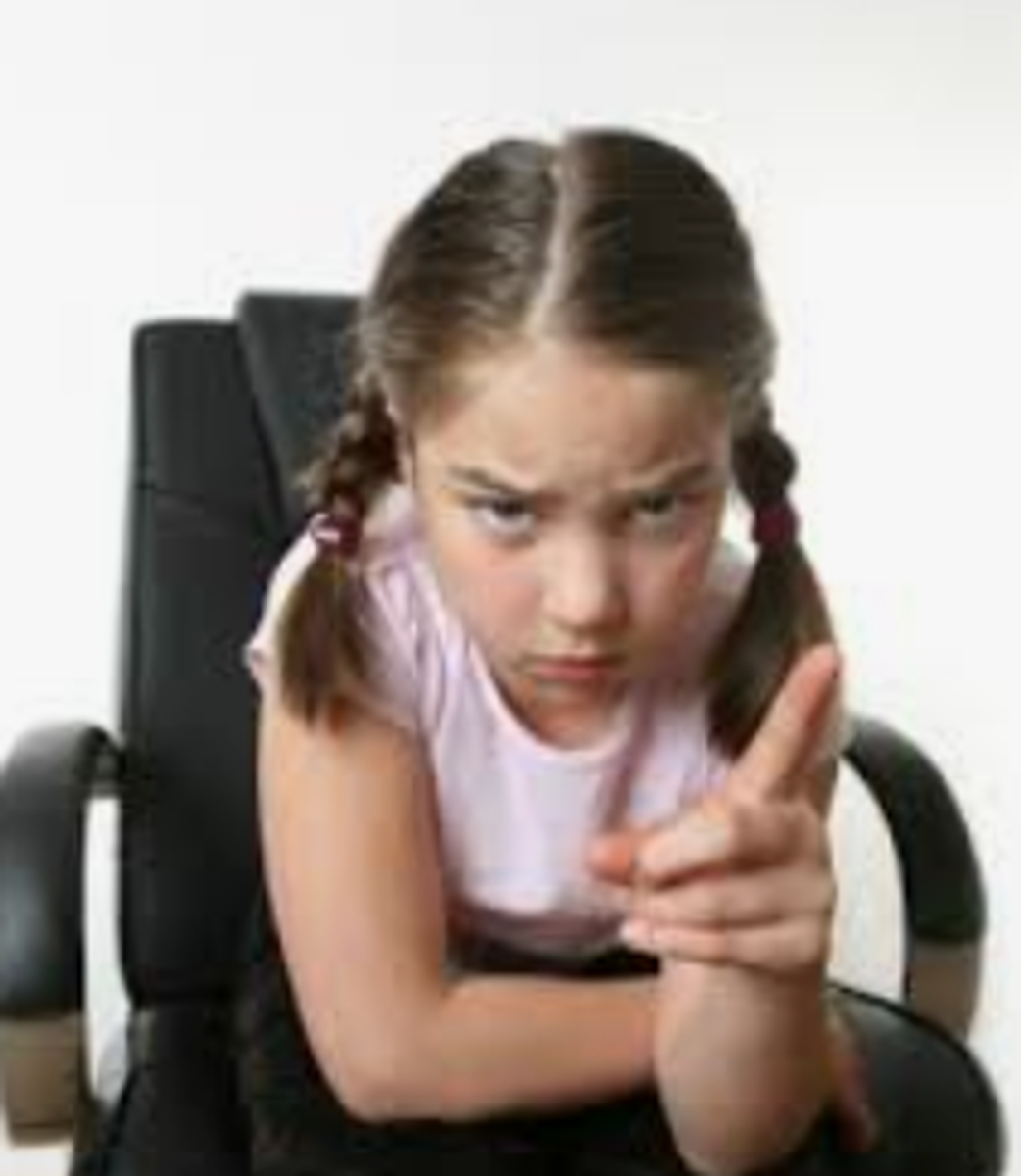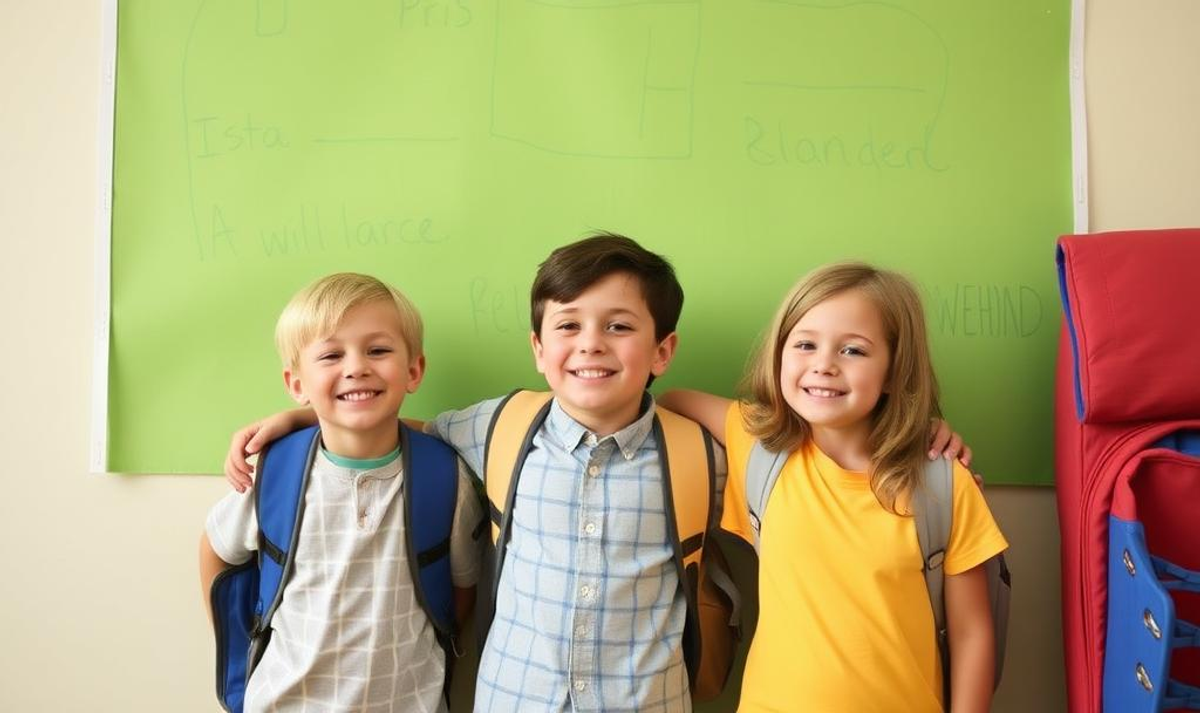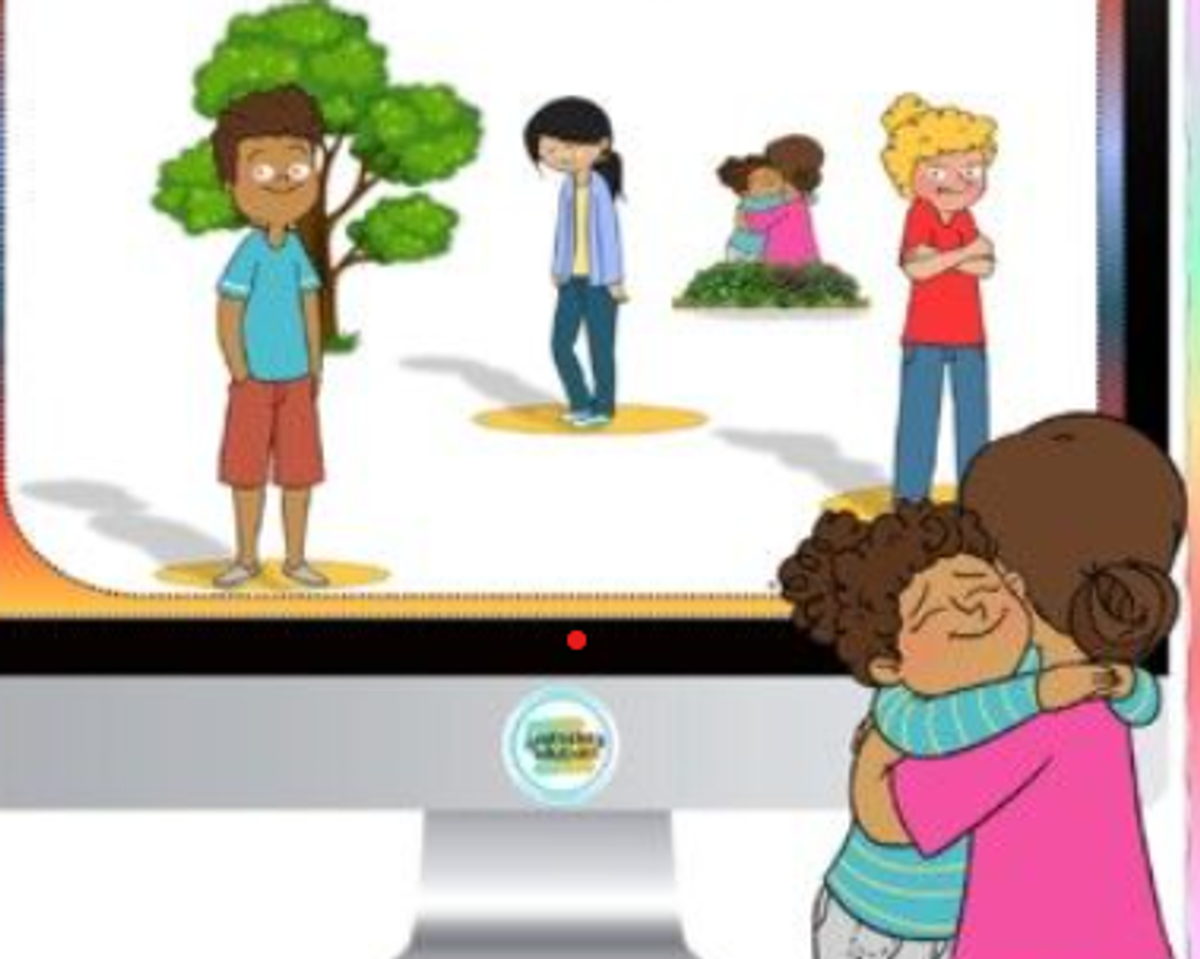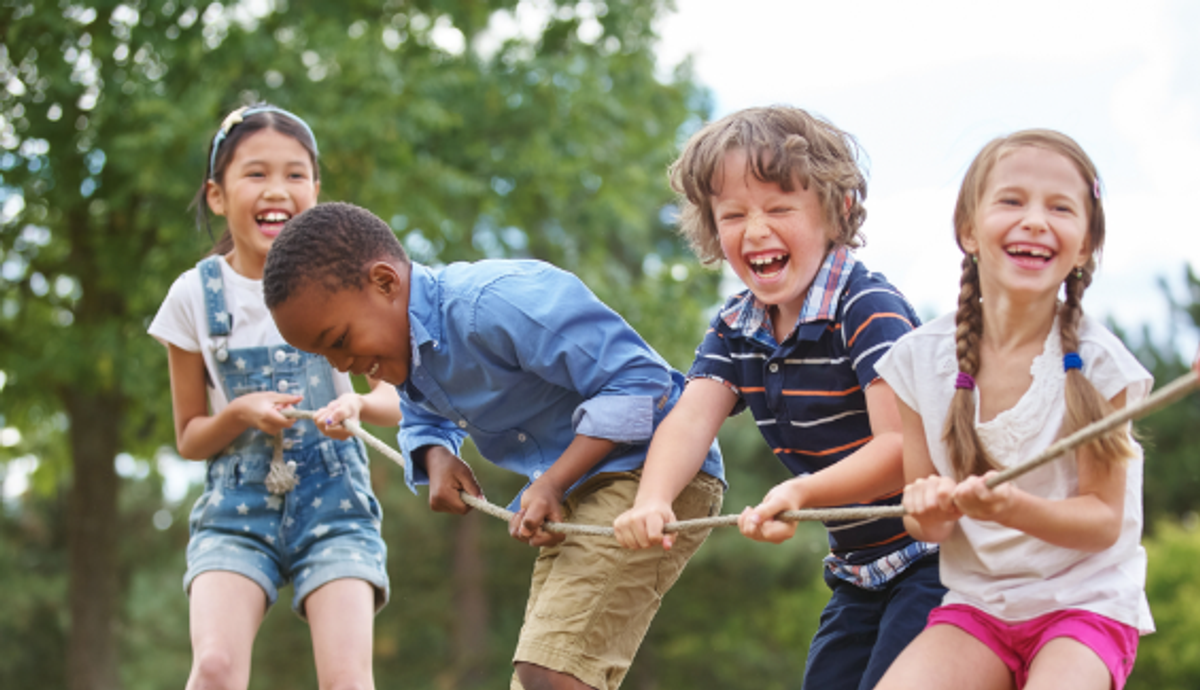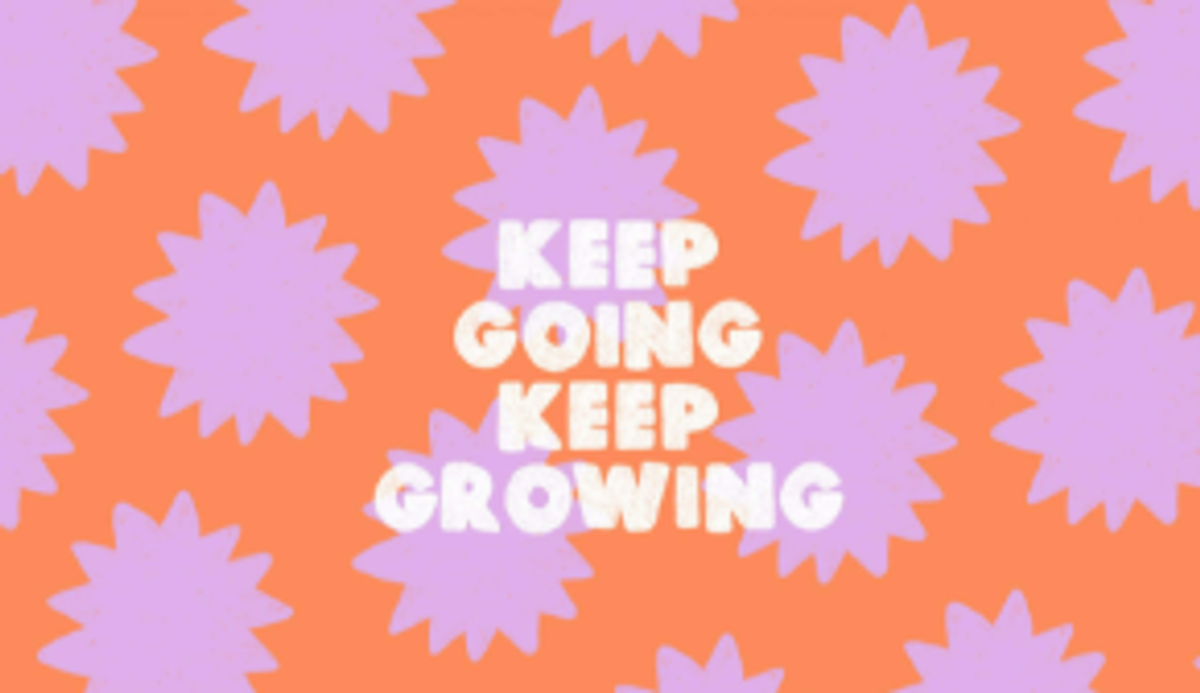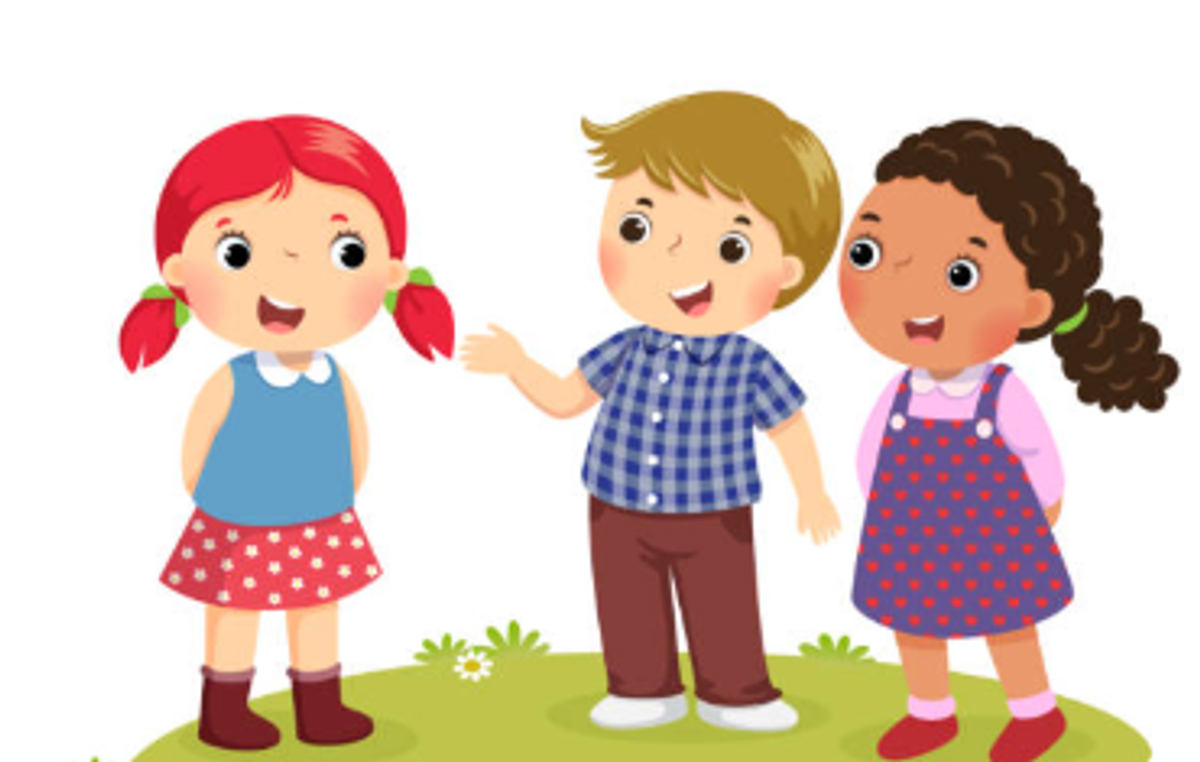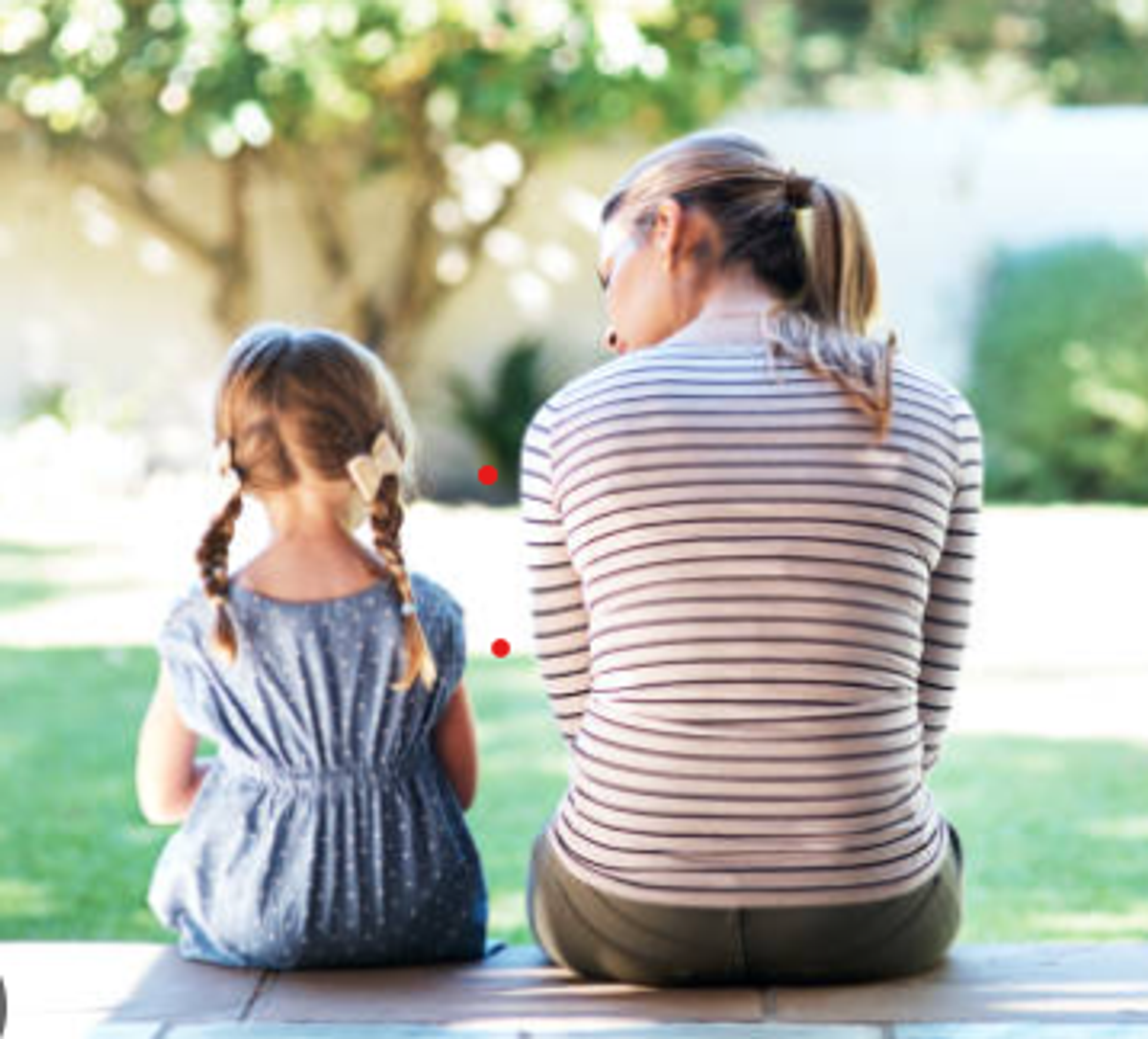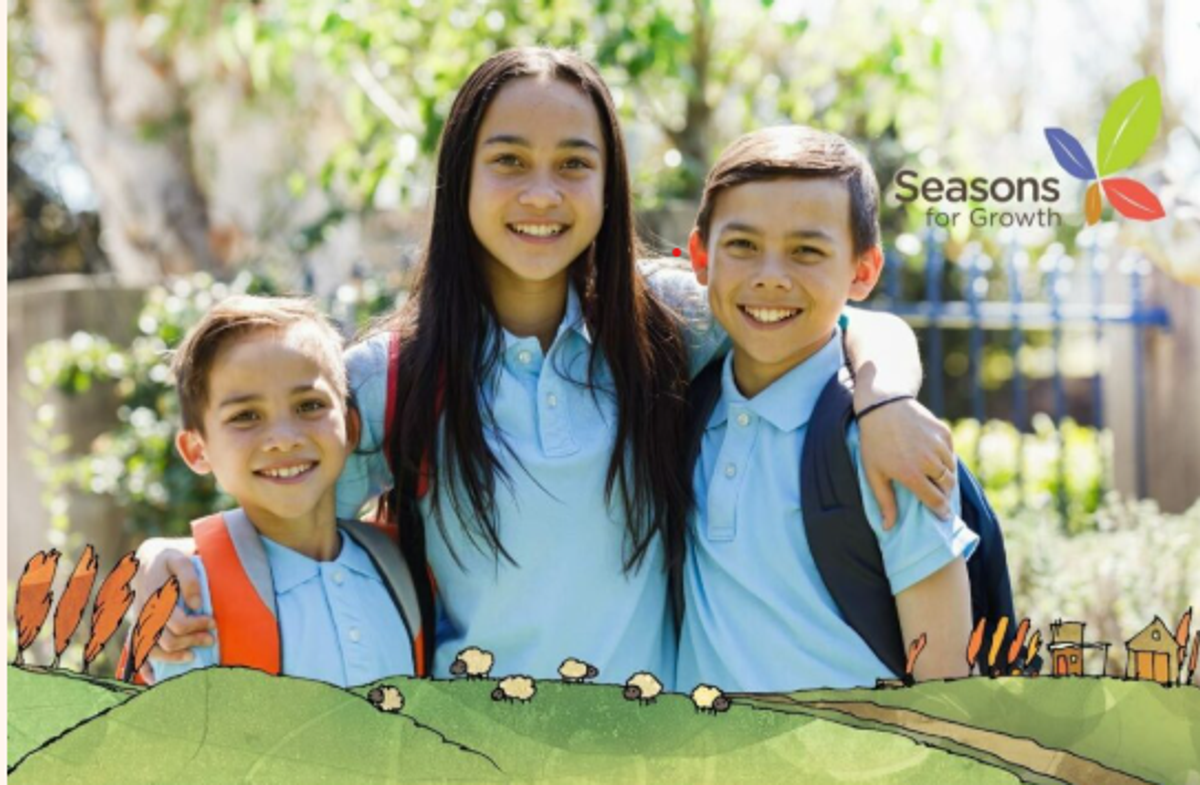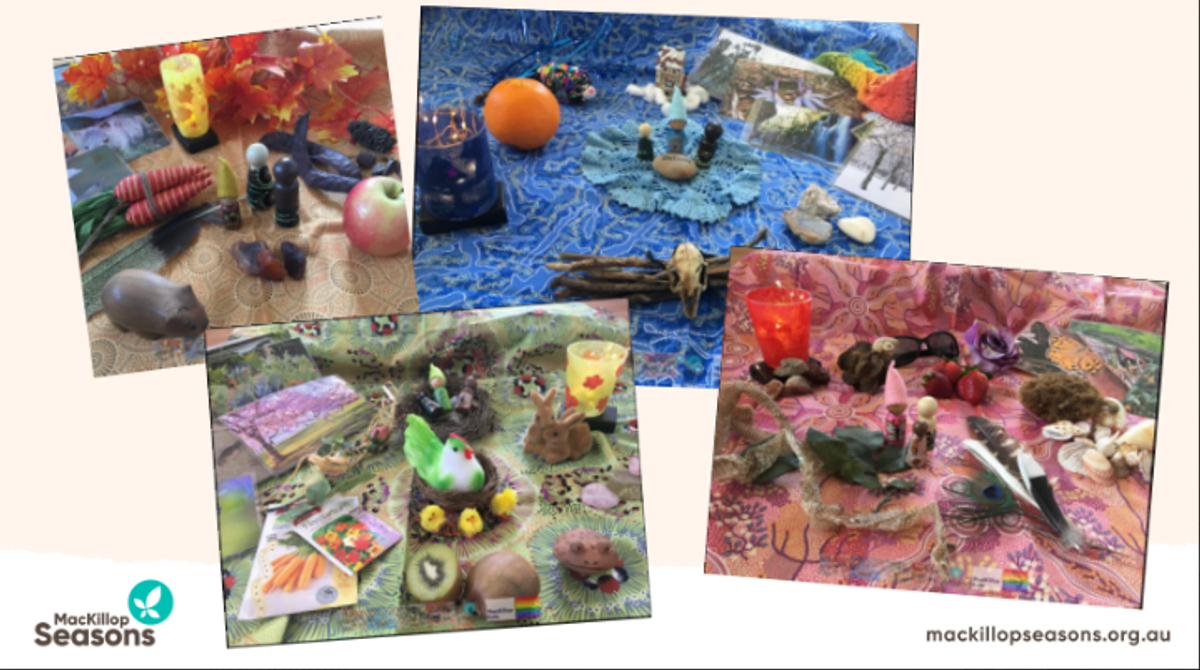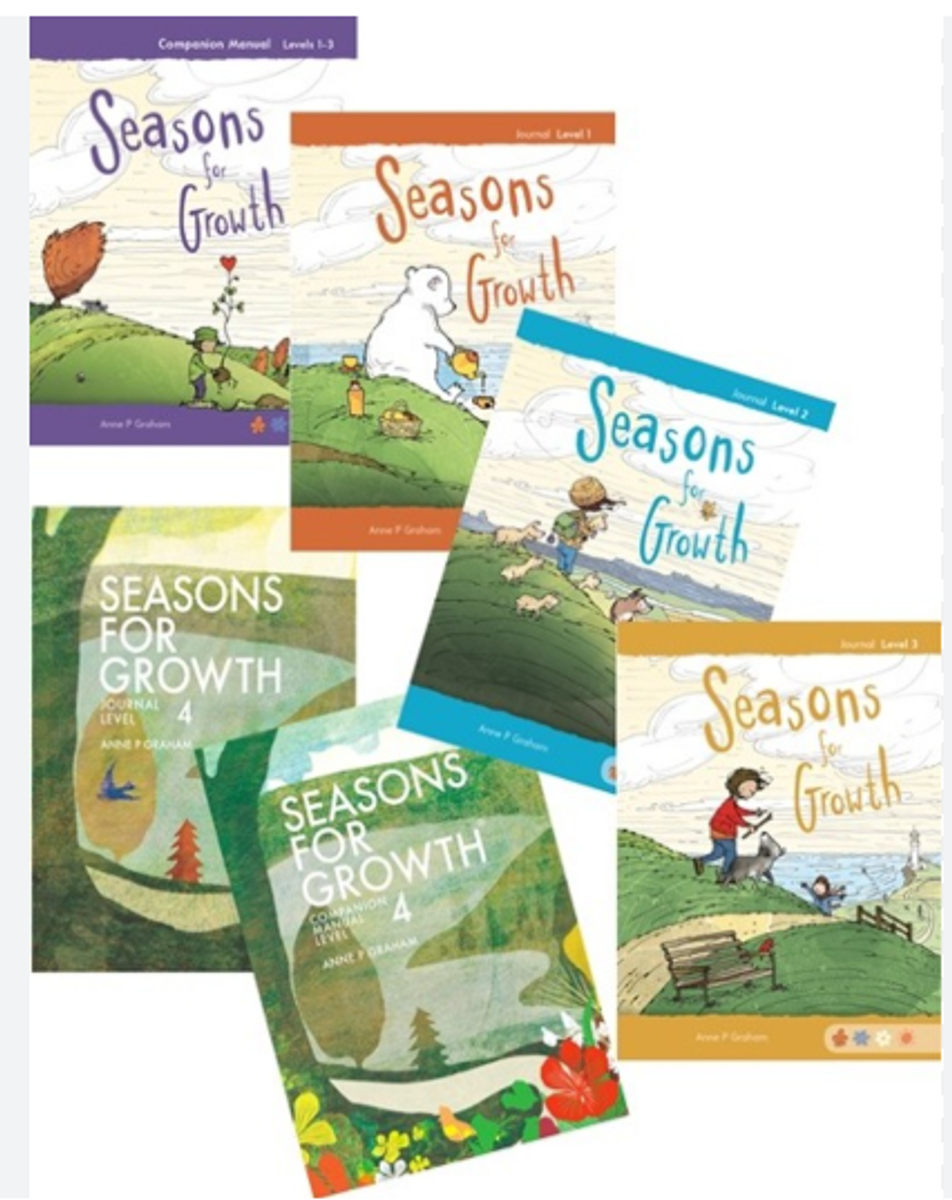Student Wellbeing

The Friendship First-Aid Kit: Expert Tools for Parents (and Kids)
By Michael Grose (May 21, 2025) From Parenting Toolbox
Unlock Your Child's Social Super-powers with these Practical Tools
Friendships can be a rollercoaster for kids, filled with soaring highs and frustrating lows.
As parents, watching our children navigate these social dynamics can be tough.
We want to swoop in and fix things, but the real magic lies in equipping them with the tools to navigate these bumps themselves.
Think of yourself as their guide, not their rescuer
According to Alfred Adler, the father of Individual Psychology, managing friendships is one of the three life tasks that everyone encounters. The other two are work/school and family. Adler maintains that all three tasks are problematic but pivotal to our contentment and life satisfaction.
Our early social experiences and the relationship skills we develop in childhood influence our future friendships.
Adler urged parents to recognise that a child’s friendship capacities are central to their (a child’s) wellbeing and a significant contributor to school (future work) success.
- Unresolved friendship problems = unhappy child = poor learning outcomes.
So, what to do?
As a parent guide and teacher, you need tools to help your child resolve their friendship issues. Aim to build your child’s agency to manage their friendship issues—not right away but in the long run. To do this, you must draw on your array of relationship skills to help your child.
1. Listen First, Judge Later (or Never!)
When your child comes to you with a friendship woe, your first instinct might be to offer solutions or take sides. Resist this urge. Instead, create a safe space for them to vent.
Put down your phone, point your feet in their direction, make eye contact, and truly listen to their perspective. You might hear about a playground squabble over a toy, feeling left out during recess, or a misunderstanding about a playdate. Feeling heard and understood is the first step in them feeling empowered to tackle the issue.
Listen to understand, not to advise.
Avoid starting with "Well, maybe you..." or "Did you think that..." Instead, try phrases like "That sounds upsetting" or "Tell me more about what happened."
2. Help Them Identify the Problem
Once they've shared their story, gently guide them to pinpoint the core issue. Sometimes, what seems like a huge drama is a simple misunderstanding. Ask open-ended questions like:
- "What exactly made you feel upset/angry/left out?"
- "What do you think the problem is here?"
- "What did your friend say or do that bothered you the most?"
This process helps them move beyond just expressing their feelings to analysing the situation.
3. Brainstorm Solutions Together
Now comes the good part – exploring possibilities!
Resist the urge to offer quick fixes, unless they are truly stuck.
Instead, ask your child:
- "What are some things you think you could do?"
- "Have you seen other kids solve problems like this before?"
- "What would happen if you tried talking to your friend about it?"
Encourage a range of ideas, no matter how silly they might initially sound.
This teaches them that there isn't always one "right" answer and that they have the ability to generate options.
4. Use Behaviour Rehearsal
Once you've brainstormed some potential solutions, it's time to implement them in a safe space. Let your child practise what they’d say in different social situations and scenarios.
You can pretend to be a friend, and your child can practice what they want to say or do.
This builds their confidence and helps them feel more prepared when they face the real situation. For instance, if the problem concerns sharing, ask politely, "Can I have a turn when you're finished?"
5. Focus on Things They Can Control
Kids must understand that they can only control their actions and reactions, not their friends'. If a friend is consistently unkind, the solution might not be to change the friend, but to learn how to set boundaries or decide how much time they want to spend with that person. Help them identify what they can do in the situation.
6. Discuss Different Friendship Levels
Help your child understand that not all friendships are the same. Friendships fit three different levels:
- Close friends—typically, children have between one to three close friends at any one time.
- Casual friends are children your child knows well, but don’t always form a tight group with.
- Acquaintances are a broader circle of friends who may share similar interests, be in the same class, or know each other through after-school activities.
It's okay if some friendships have more bumps than others and if they change over time.
- Remove the expectation that every peer relationship needs to be perfect.
7. Emphasise Empathy
Friendship problems often arise from a lack of understanding of each other's perspectives.
Encourage your child to think about how their friend might be feeling. Ask questions like:
- "How do you think your friend felt when that happened?"
- "Why do you think your friend might have done that?"
- “How did it affect your friend, do you think?”
Developing empathy is key to resolving conflicts and building stronger relationships.
8. Help Your Child Understand How Good Friends Act
Help your child understand what a good friend looks like and how they behave so they can be good friends and recognise unfriendly behaviour from others.
For instance, good friends:
- Share information, time and possessions. They give of themselves but understand the boundaries of disclosure.
- Allow their friends to have other friends and don’t expect exclusivity.
- Know how to keep secrets and will stick up for their friends.
Use this list to guide a conversation with your child around friendships.
9. Recognise Their Efforts, Not Just the Outcomes
Solving friendship problems is a learning process. Sometimes, despite their best efforts, things might not work out exactly as they hoped. As the saying goes, you can’t win ‘em all!
Acknowledge their courage in resolving the issue, regardless of the outcome. Focus on the skills they used – communicating their feelings, brainstorming solutions, or standing up for themselves. This reinforces that the effort is valuable, even if the immediate problem isn't resolved.
10. Handle Friendship Changes
Best friends forever! Nice idea, but not practical for most children. Kids change. Friends drift apart. They develop and mature at different stages and can leave each other behind.
That doesn’t excuse unfriendly or mean behaviour, but knowing that can help children understand why yesterday’s friend is no longer close. Hurtful? Yes. But natural nonetheless. Resilient kids cope with this minor loss and form friendships with other children based on shared interests, hobbies, or school subjects.
Know your role
Your role is to empower your child to navigate the social world. So you’re part guide, part emotional supporter and part teacher. By listening, guiding, and encouraging their problem-solving skills, you're equipping them with essential life skills that will serve them far beyond the playground. You're teaching them resilience, communication, and the ability to build and maintain healthy relationships—invaluable life skills.
Repeated from last newsletter edition : For Those Who Missed This!
SEASONS FOR GROWTH - Learning to live with Change and Loss
The Seasons for Growth Children and Young People's program is a small-group evidence-based education program for children and young people aged 6-18 years.
Everyone is affected by change and loss at some time in our lives. At St Joseph's School, we recognise that when changes occur such as separation, divorce, death, school transitions and natural disasters children may benefit from learning the skills to manage these changes effectively. We are therefore offering an 8-session education program called Seasons for Growth, which will commence next term on Friday August 1st and will continue each Friday until the last Friday of Term 3 (Friday, 19th September).
This program is facilitated in small groups of up to 4-7 participants and is based on
research which highlights the importance of social support and the need the practise new skills to cope effectively with change and loss. The program focuses on building skills such as how to manage feelings, problem-solving, decision-making, effective communication and develops peer support networks.
Participation in the program can promote improved self-esteem and self-confidence as well as giving children the opportunity to find their own voice amid change.
For about the Program: How does Seasons for Growth work?
Seasons for Growth is a small group education program that supports children and young people to develop the knowledge, skills and attitudes to understand and respond well to experiences of change, loss and grief. Next term at St Joseph's School, we are proud to be able to offer this program to help support such students, following Companion Training.
Seasons for Growth supports children and young people who have experienced change and loss, including, although not limited to friendship changes; family separation; loss or death of someone they care about; loss of a pet; relocation and forced migration; living away in out of home care; physical or mental illness; or impacts of war, terrorism or pandemics. We suggest that children and young people impacted by bereavement wait 6-12 months before participating in a Seasons for Growth program.
What are the learning outcomes for children and young people?
Seasons for Growth supports connection with others going through similar
circumstances, fostering emotional literacy and resilience as a pathway to improved social and emotional wellbeing. Specifically, the program provides a safe learning environment for children and young people to:
- Acknowledge their experiences and recognise they are ‘not the only one’
- Understand that their feelings and other behavioural reactions are normal
- Develop skills for coping, positive choices, goal-setting and decision making
- Build a peer support network and a felt sense of belonging and connection
- Help restore self-confidence, self-esteem and self-respect
How is the Seasons for Growth program delivered?
Trained facilitators known as "Companions" deliver the program for small groups of 4-7 children and young people aged 6 -18 years. The like-to-like peer learning process creates a safe space for children and young people to practice new ways of thinking and responding to the change and loss that has occurred in their lives.
Seasons for Growth has four age-appropriate levels:
- Level 1 (ages 6-8 years)
- Level 2 (ages 9-10 years)
- Level 3 (ages 11-12 years)
- Level 4 (ages 13-18 years)
The program includes eight formal sessions (40-50 minutes per session); one celebration session; and one optional reconnector session where participants can meet again to review their learning and discuss any issues that may have arisen since they completed the program. Each participant is provided with an ACTIVITY JOURNAL to explore and complete throughout their Seasons for Growth journey.
The small group program is not THERAPY and is not designed to be used in one-on-one counselling or as a whole class program. It is specificaslly designed for small groups of 4-6 students with a Trained Companion to allow them the space to listen, reflect and share.
If you think your child/ children would enjoy joining the Seasons for Growth program, we encourage you to talk to him/her about it. We are pleased to be able to offer this successful program and we are confident that it will be a valuable learning experience for those involved.
If you require further information please contact me on jennyt@sjsorrento.catholic.edu.au
Warm Regards,
Jenny Todd
(Student Wellbeing Leader & Trained Companion - Seasons For Growth)

